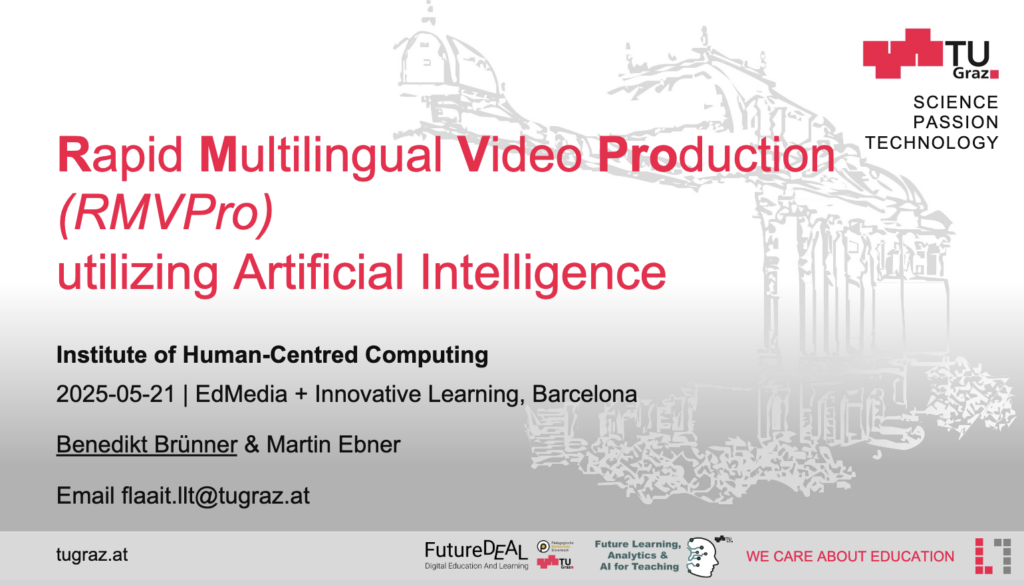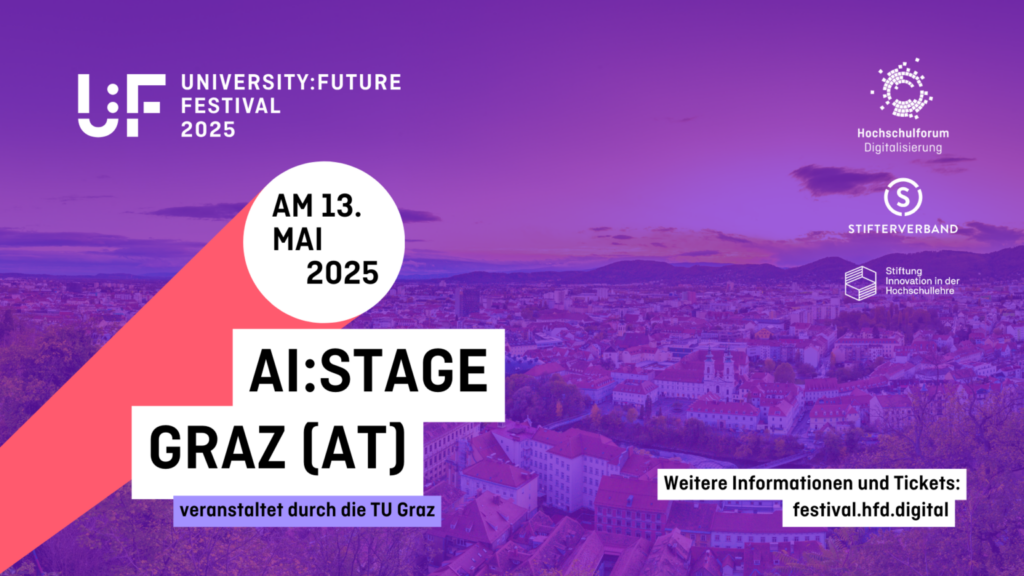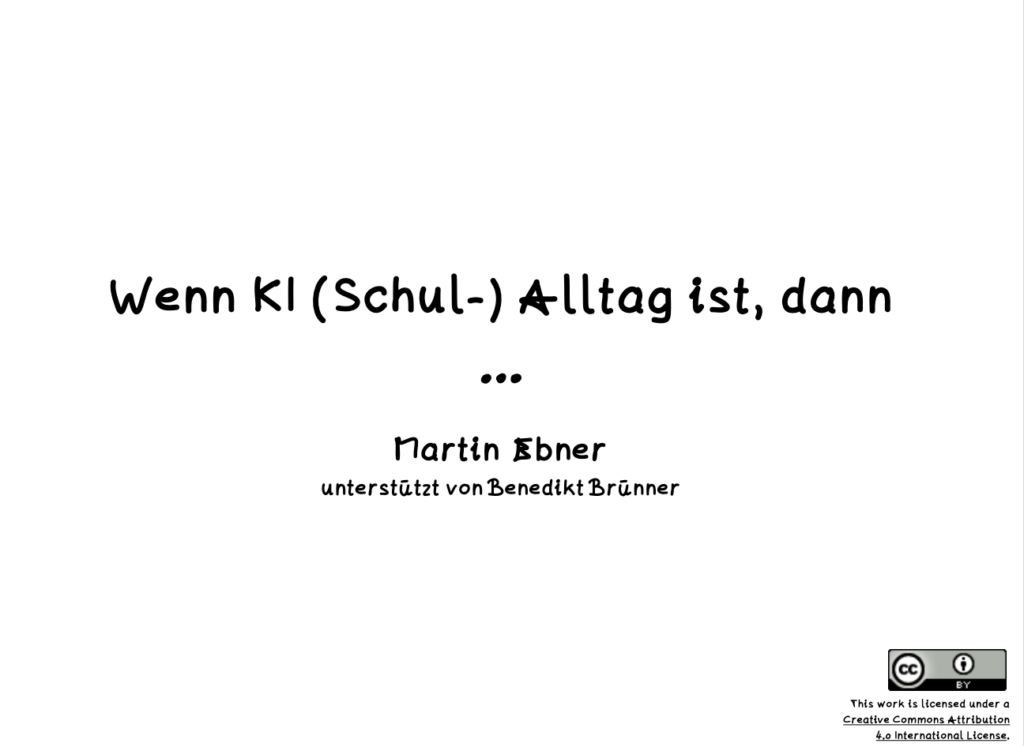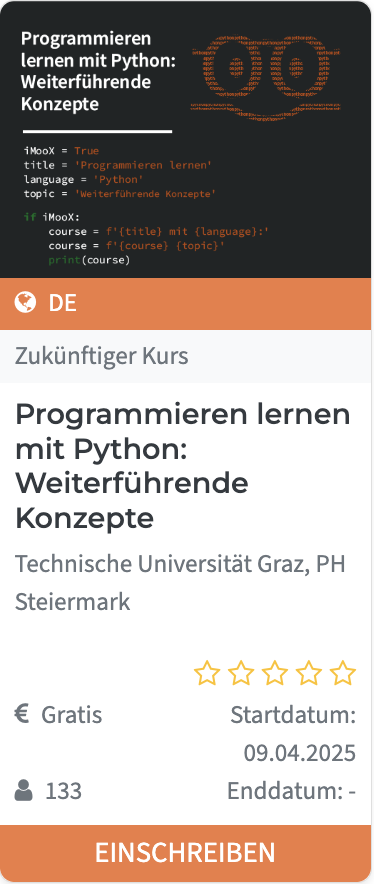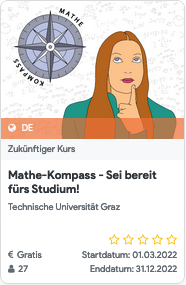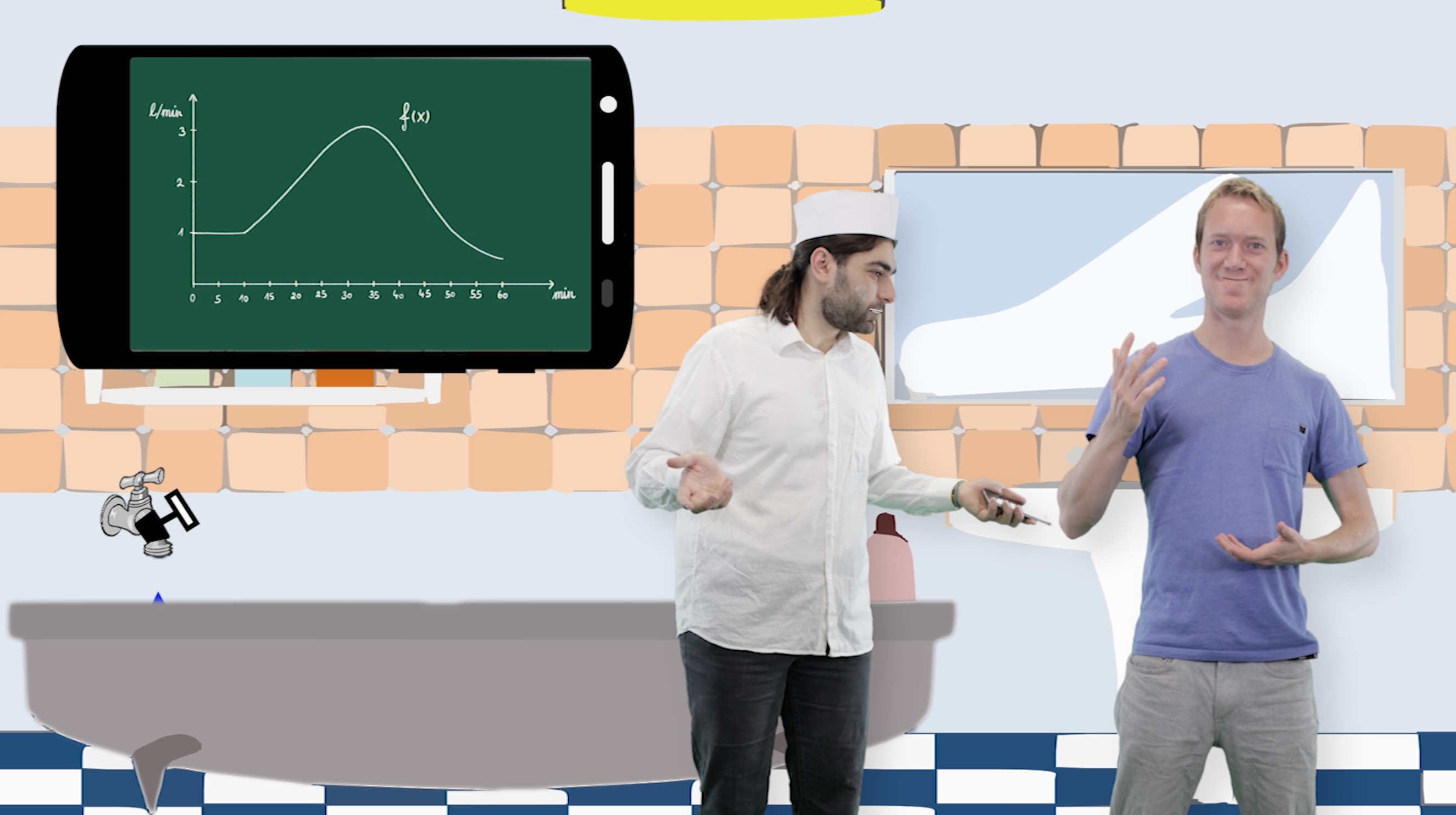We wrote an article titled „The Synergy of Educational Technologies and Self-regulated Learning: A Systematic Scoping Literature Review“ that strongly focused on self-regulation in learning. Read more here at the ed-tech.at-Blog.
Abstract:
The rapid advancement of artificial intelligence (AI) technology necessitates addressing the topic of self-regulated learning (SRL) given its potential for personalized learning experiences. Educational Technologies (EdTech) have the capacity to facilitate SRL within educational contexts, particularly in remote learning scenarios. This study explores the interplay between EdTech and SRL, highlighting their synergistic relationship. Through a systematic scoping literature review following the methodology of Peters et al., evidence from 328 records in the Scopus database was synthesized, with an analysis of 112 reports meeting the inclusion criteria published between January 2015 and February 2024. Zimmerman’s cyclical phases model emerged as the predominant SRL framework in connection with EdTech. Additionally, the identified EdTechs were categorized into eleven clusters based on shared characteristics and mapped onto Zimmerman’s SRL model to create an EdTech-SRL-Synergy-Map. Recommendations are made for future research, particularly in the secondary education sector, and the significance of SRL practices in an educational landscape permeated by AI is emphasized.
[Full article @ book’s homepage]
[draft @ ResearchGate]
Reference: Brünner, B., Burgsteiner, H., Schön, S., Ebner, M. (2025). The Synergy of Educational Technologies and Self-regulated Learning: A Systematic Scoping Literature Review. In: Auer, M.E., Rüütmann, T. (eds) Futureproofing Engineering Education for Global Responsibility. ICL 2024. Lecture Notes in Networks and Systems, vol 1261. Springer, Cham. https://doi.org/10.1007/978-3-031-85649-5_30
